renewable energy
byBill
19 years ago
Related Stories
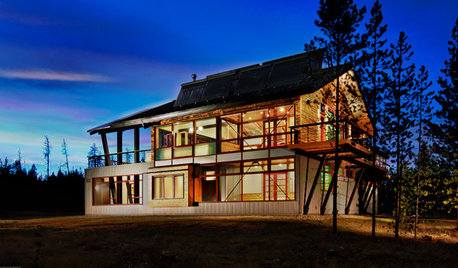
GREEN BUILDINGZero Net Energy: A Hardworking-House Term to Know
Homes that consume only as much energy as they produce by renewable means are a goal for builders. Learn what ZNE means for you
Full Story
HOUZZ TOURSHouzz Tour: Life in the Vintage Renewal Loft
Step inside a Denver workshop where salvage finds get bright new purpose
Full Story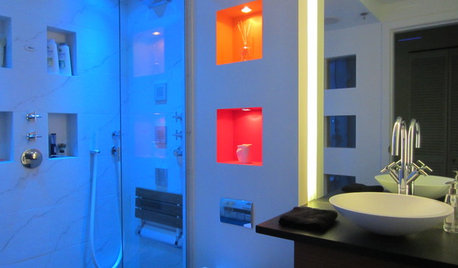
HEALTHY HOMEBath Design: Renew Body and Mind With Colorful Light
Take one tired, stressed-out self. Rinse in a shower bathed in blue light (or any color you like). Repeat
Full Story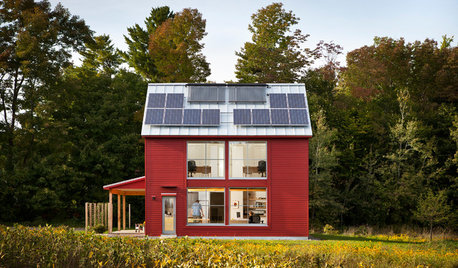
GREEN BUILDINGHouzz Tour: See a Maine House With a $240 Annual Energy Bill
Airtight and powered by the sun, this energy-efficient home in a cold-winter climate is an architectural feat
Full Story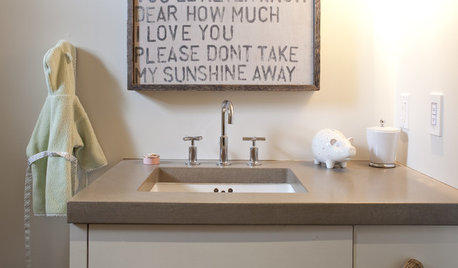
GREEN BUILDINGEasy Green: 10 Ways Toward a Zero-Energy Home
Imagine never paying an electric bill again. With a zero-energy home, it's possible — and anyone can make it happen
Full Story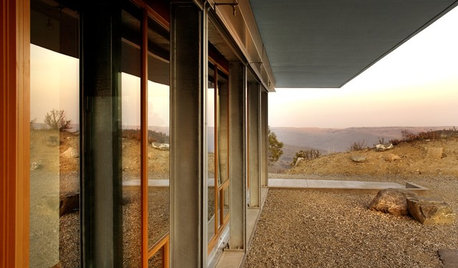
GREEN BUILDINGOff the Grid: Siting and Building to Conserve Energy
Look to low-tech solutions for big energy savings when you’re constructing a home
Full Story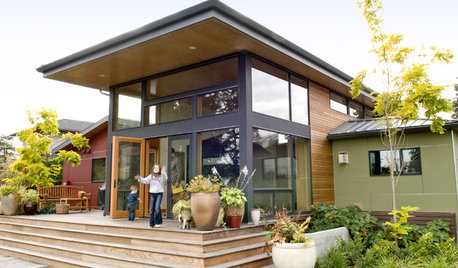
REMODELING GUIDESRoof Overhangs Project Lower Energy Costs
Make a dramatic style statement and lower home energy bills with a deep roof overhang on your house
Full Story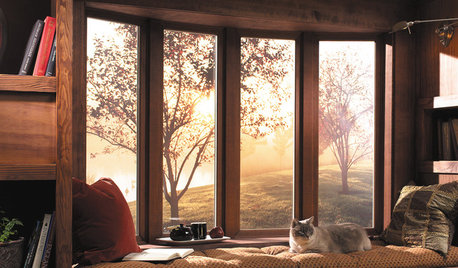
GREAT HOME PROJECTSHow to Install Energy-Efficient Windows
Learn what Energy Star ratings mean, what special license your contractor should have, whether permits are required and more
Full Story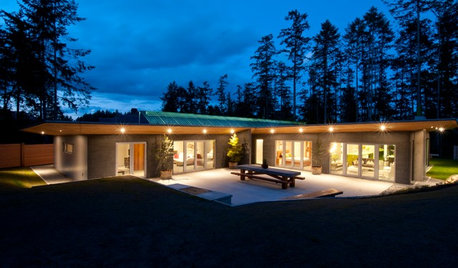
GREEN BUILDINGHouzz Tour: See a Concrete House With a $0 Energy Bill
Passive House principles and universal design elements result in a home that’ll work efficiently for the long haul
Full Story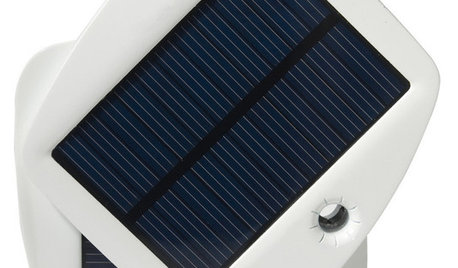
PRODUCT PICKSGuest Picks: Energy-Saving Accessories
Keep electric bills in check despite cold days with these stylish lamps, chargers, outlets and more
Full Story





mgmsrk
Pooh Bear
Related Professionals
Hemet Solar Energy Systems · Hercules Solar Energy Systems · Lakeville Solar Energy Systems · Ramsey Solar Energy Systems · Beavercreek Home Builders · Broadlands Home Builders · North Ridgeville Home Builders · Troutdale Home Builders · Wyckoff Home Builders · Boston Roofing & Gutters · Reno Roofing & Gutters · Schenectady Roofing & Gutters · Damascus Roofing & Gutters · Maplewood Roofing & Gutters · Channahon Roofing & Guttersmudbugtx
byBillOriginal Author
Pooh Bear
byBillOriginal Author
Pooh Bear
mudbugtx
Brewbeer
stegerman1335
byBillOriginal Author
pnbrown
Brewbeer
Pooh Bear
RCMJr
Pooh Bear
boltonranger
RCMJr
byBillOriginal Author
joyfulguy
pnbrown
byBillOriginal Author
pnbrown
Jason_MI
zinniachick
rainwater1
mowerman1193
janemarie5
andy_sd